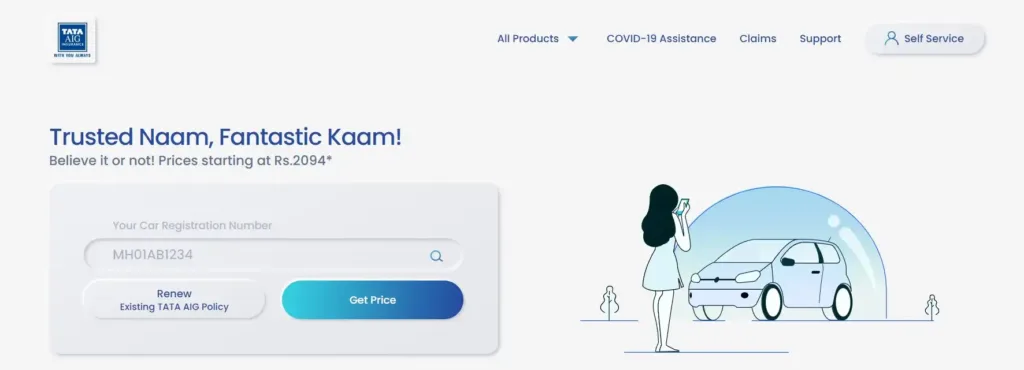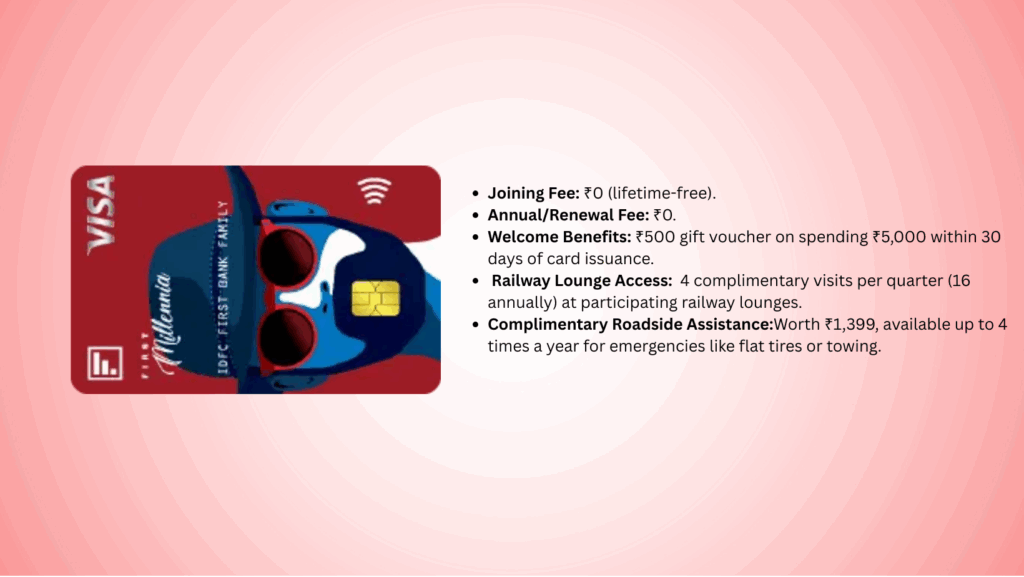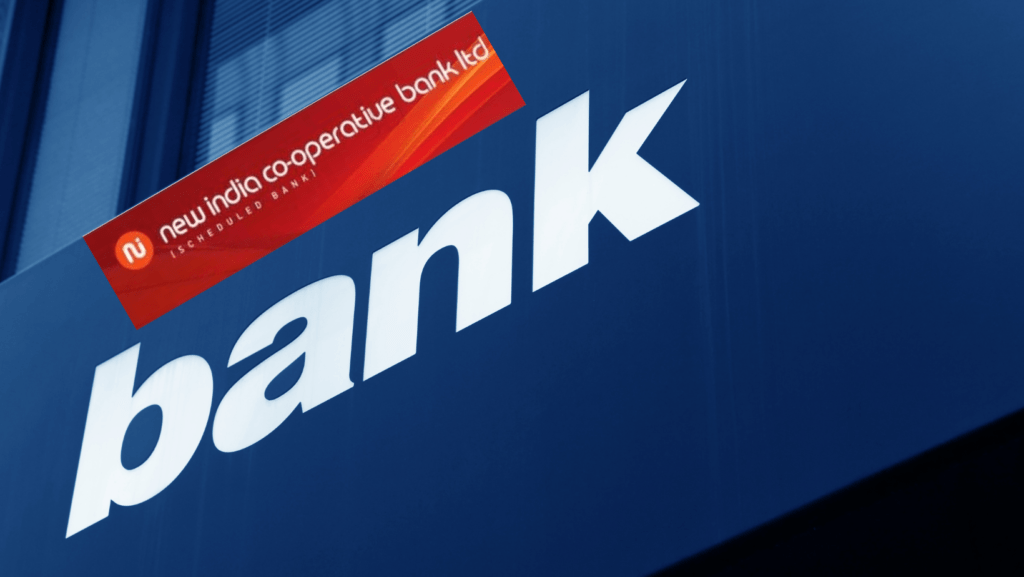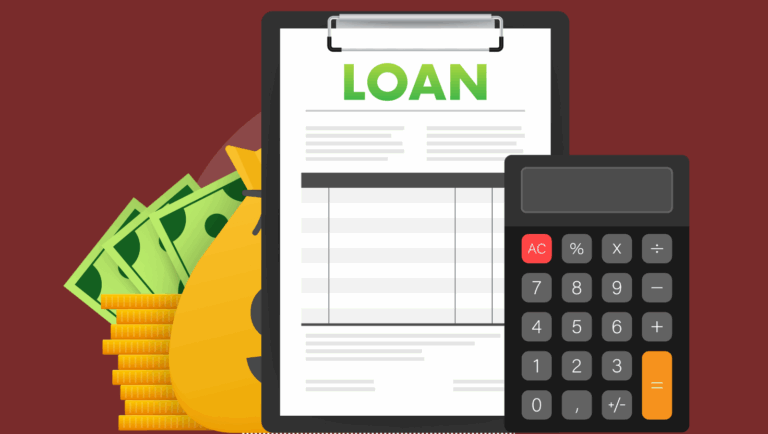
Photo by RDNE Stock project on <a href="https://www.pexels.com/photo/close-up-photo-of-an-agreement-on-a-paper-7841821/" rel="nofollow">Pexels.com</a>
Introduction
Securing a loan without personal guarantees can be a strategic move for businesses seeking to protect personal assets while obtaining necessary financing. However, this process comes with its own set of challenges and potential pitfalls. One common mistake is failing to thoroughly assess the business’s financial health and creditworthiness, which can lead to rejections and higher interest rates. Another error does not understand the lender’s specific requirements and terms, resulting in misaligned expectations and potential loan denial. Inadequate preparation of detailed business plans and financial projections can also hinder approval chances. Additionally, overlooking alternative financing options or failing to diversify funding sources can limit opportunities. Lastly, neglecting to seek professional advice from financial advisors or accountants can lead to uninformed decisions. By avoiding these common mistakes, businesses can improve their chances of successfully securing a loan without personal guarantees, thereby supporting their growth and financial stability.
Understanding Loans without Personal Guarantees
Definition and Examples
A loan without a personal guarantee means that you, as the borrower, are not personally liable for repaying the loan if your business fails. This is different from traditional loans where personal assets like your home or car can be at risk. Examples include certain types of business loans, like equipment financing or lines of credit that are secured solely by the business’s assets.
Benefits of Alternatives
Alternative financing options without personal guarantees offer several benefits, particularly for small businesses and start-ups looking to mitigate risks while securing necessary funds. Here are the key advantages:
- Reduced Personal Risk: The primary benefit is the reduction of personal risk. Without personal guarantees, the owner’s personal assets, such as homes or savings, are not at stake. This provides peace of mind and allows entrepreneurs to focus on growing their businesses without the constant fear of personal financial ruin.
- Easier Access to Capital: These financing options often have less stringent requirements compared to traditional bank loans. For example, invoice financing and merchant cash advances are based on the business’s revenue and sales, not on personal credit scores or personal collateral. This makes it easier for businesses with limited credit histories to access the capital they need.
- Improved Cash Flow: Solutions like invoice financing and trade credit directly address cash flow issues by providing immediate access to funds tied up in unpaid invoices or delaying payment for goods. This helps businesses manage their working capital more effectively and ensures they have the liquidity needed to cover operational expenses.
- Flexibility in Repayment: Many alternative financing options offer flexible repayment terms. For instance, revenue-based financing and merchant cash advances adjust repayments based on the business’s income. This ensures that repayments are manageable and align with the business’s cash flow, reducing the risk of default.
- Faster Approval Process: Traditional bank loans can take weeks or even months to process, while alternative financing options typically have much faster approval and funding times. This is crucial for businesses that need quick access to funds to seize opportunities or address urgent financial needs.
- Less Paperwork: Alternative lenders often rely on online tools and digital platforms, minimizing the need for physical paperwork. This allows you to focus more on running your business and less on administrative tasks.
- Encourages Business Growth: By providing access to capital without the risk of personal guarantees, these financing methods empower businesses to invest in growth opportunities such as new equipment, inventory, marketing, or expansion projects. This can lead to increased revenues and long-term success.
Common Mistakes to Avoid
- Failing to Understand Loan Terms: One of the most common mistakes does not fully understand the loan terms. This includes:
- Not Reading the Fine Print: Always read the fine print. Loan agreements can be complex, and missing details can lead to unpleasant surprises.
- Ignoring Interest Rates: Interest rates greatly affect the total cost of the loan. Ensure you understand whether the rate is fixed or variable and how it will impact your repayments.
- Overestimating Financial Capacity: Borrowing more than you can repay is a recipe for financial disaster.
- Borrowing More Than You Can Repay: Only borrow what you can realistically repay. Over-borrowing can lead to debt spirals and financial strain.
- Not Having a Solid Repayment Plan: A solid repayment plan is crucial. Know your revenue streams and ensure you can meet repayment schedules.
- Neglecting Credit Scores: A good credit score is vital for securing favourable loan terms.
Importance of a Good Credit Score
Lenders assess your credit score to determine your creditworthiness. A high score can secure better terms and lower interest rates.
A good credit score is a cornerstone of financial stability and opportunity. It serves as a numerical representation of one’s creditworthiness, influencing the ability to secure loans, mortgages, and credit cards with favourable terms. Lenders use credit scores to assess the risk of lending money, and a high score indicates a low risk, often leading to lower interest rates and better loan conditions. This can result in significant savings over the life of a loan, especially for large purchases like homes or cars.
Beyond borrowing, a good credit score affects various aspects of life. Many landlords check credit scores as part of the rental application process, viewing them as indicators of a potential tenant’s reliability. Similarly, some employers consider credit scores during hiring decisions, particularly for positions requiring financial responsibility.
Maintaining a good credit score involves consistent, responsible financial behaviour. This includes paying bills on time, keeping credit card balances low, and avoiding excessive new credit inquiries. Regularly reviewing credit reports for errors and disputing inaccuracies also helps maintain a strong score.
How to Maintain a Good Credit Score
Pay bills on time, reduce debt, and avoid opening too many new credit accounts to maintain a healthy credit score.
Maintaining a good credit score requires consistent and responsible financial habits. First, pay all bills on time, as payment history is a significant factor in your credit score. Even one missed payment can have a negative impact. Keep credit card balances low relative to your credit limit; aim to use less than 30% of your available credit. Avoid opening too many new credit accounts in a short period, as multiple inquiries can lower your score. Regularly review your credit report to check for errors and dispute any inaccuracies promptly. Maintain a mix of credit types, such as credit cards, instalment loans, and mortgages, to demonstrate the ability to manage various credit forms. Lastly, keep older accounts open to show a long credit history, which positively influences your score. By following these practices, you can maintain a healthy credit score and ensure financial stability and access to better credit opportunities.
Types of Alternative Financing
Alternative financing options without personal guarantees offer businesses the chance to secure funds without risking personal assets. Here are some key types:
- Invoice Financing: Businesses can borrow money against their outstanding invoices. This allows companies to receive immediate cash flow based on their accounts receivable.
- Merchant Cash Advances (MCA): Companies receive a lump sum of cash in exchange for a percentage of future sales. Repayment is linked to daily credit card transactions, making it suitable for businesses with steady sales.
- Equipment Financing: Businesses can obtain loans specifically for purchasing equipment, with the equipment itself serving as collateral. This minimizes the need for personal guarantees.
- Crowd funding: Businesses to raise funds from a large number of people, usually in exchange for rewards or early access to products. This method doesn’t require personal guarantees.
- Revenue-Based Financing: Companies receive capital in exchange for a percentage of future revenues. Repayments fluctuate with business performance, reducing the need for personal guarantees.
- Trade Credit: Suppliers allow businesses to purchase goods or services on credit and pay at a later date. This form of financing relies on the company’s relationship with suppliers rather than personal guarantees.
These alternative financing methods can help businesses grow without the risk of personal liability.
Tips for Securing a Loan without Personal Guarantees
- Building a Strong Business Credit Profile: A strong business credit profile can help you secure better loan terms.
- Maintaining Detailed Financial Records: Detailed financial records demonstrate your business’s stability and reliability.
- Demonstrating Consistent Cash Flow: Consistent cash flow shows lenders that you can meet repayment obligations.
- Building Relationships with Lenders: Good relationships with lenders can lead to better loan terms and easier access to financing in the future.
How do I choose the right lender for my business?
Choosing the right lender for your business is essential. Here are some considerations to guide you:
- Assess Your Needs: Understand your financial requirements. Do you need a short-term loan for working capital or a long-term loan for expansion?
- Business Specialty: Look for lenders experienced in your industry. They’ll better understand your unique needs.
- Evaluate Costs & Interest: Compare interest rates, fees, and repayment terms. Choose a lender with competitive rates.
- Repayment Flexibility: Consider repayment schedules. Some lenders offer flexibility, allowing you to adjust payments as needed.
- Application Speed: Check how quickly lenders process applications. Time matters when you need funds urgently.
- Collateral Requirements: Determine if collateral is necessary. Some loans are unsecured, while others may require assets.
- Read Customer Reviews: Learn from others’ experiences. Reviews can reveal a lender’s reliability and customer service.
Conclusion
Securing a loan without personal guarantees can be challenging, but by avoiding common mistakes and following best practices, you can improve your chances of success. Understand loan terms, maintain good credit, seek professional advice, and take your time with the application process.
Alternative financing options without personal guarantees provide a crucial lifeline for businesses, especially small enterprises and start-ups, by offering access to capital without putting personal assets at risk. These methods, including invoice financing, merchant cash advances, equipment financing, crowd funding, revenue-based financing, and trade credit, offer various benefits such as reduced personal risk, easier access to funds, improved cash flow, flexible repayment terms, and faster approval processes. By leveraging these financing solutions, businesses can address immediate financial needs, manage cash flow more effectively, and invest in growth opportunities with confidence and security. This innovative approach to business funding not only supports financial stability but also encourages entrepreneurial growth and long-term success.
Frequently Asked Questions (FAQs)
- What are alternative financing options without personal guarantees?
Alternative financing options without personal guarantees are methods businesses can use to secure funding without pledging personal assets, such as homes or savings, as collateral.
- Why choose alternative financing over traditional bank loans?
Alternative financing often has less stringent requirements, faster approval processes, and provides access to capital without risking personal assets.
- Which businesses benefit most from these financing options?
Small businesses, start-ups, and companies with limited credit history or assets find these options particularly beneficial for accessing needed funds.
- What are some examples of alternative financing options mentioned in the blog post?
Examples include invoice financing, merchant cash advances, equipment financing, crowd funding, revenue-based financing, and trade credit.
- How do these options improve cash flow for businesses?
Invoice financing and merchant cash advances provide immediate access to cash tied up in invoices or sales, helping businesses manage cash flow more effectively.
- Are there risks associated with alternative financing without personal guarantees?
While these options reduce personal risk, businesses should carefully consider repayment terms, interest rates, and potential impact on cash flow before choosing a financing method.
- Do these options require a strong credit history?
Some options, like invoice financing and revenue-based financing, focus more on the business’s revenue and sales performance rather than personal credit history.
- Can businesses use multiple alternative financing options simultaneously?
Yes, businesses can leverage different financing options based on their specific needs, such as combining invoice financing with crowd funding for a comprehensive funding strategy.
- How can businesses determine which financing option is best for them?
Evaluating factors such as repayment terms, interest rates, funding speed, and eligibility criteria can help businesses choose the most suitable financing option.
- What long-term benefits do these financing options offer businesses?
By providing access to capital without personal guarantees, these options support business growth, financial stability, and the ability to seize opportunities for expansion and investment.





























